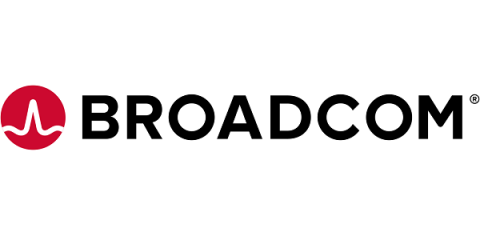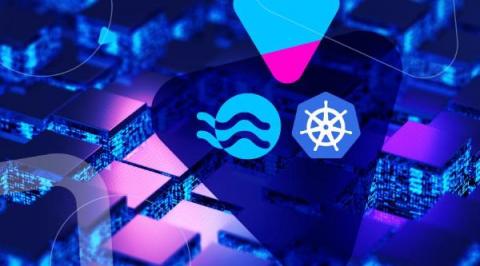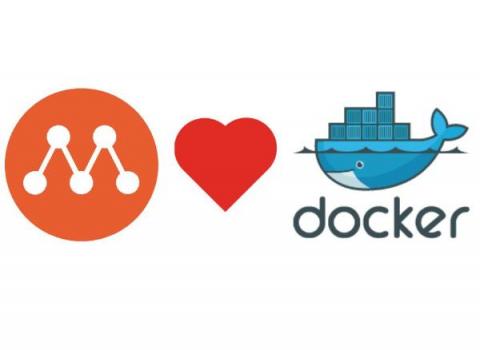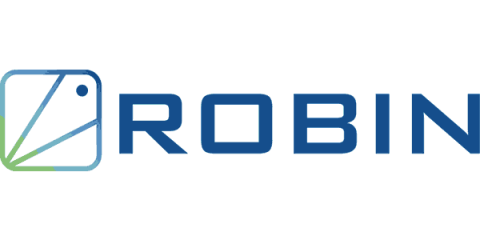Introducing Codefresh Software Delivery Platform, Powered by Argo
Delivering new software is the single most important function of businesses trying to compete today. Many companies get stuck with flaky scripting, manual interventions, complex processes, and large unreliable tool stacks across diverse infrastructure. Software teams are left scrambling to understand their software supply chain and discover the root cause of failures. It’s time for a new approach.









